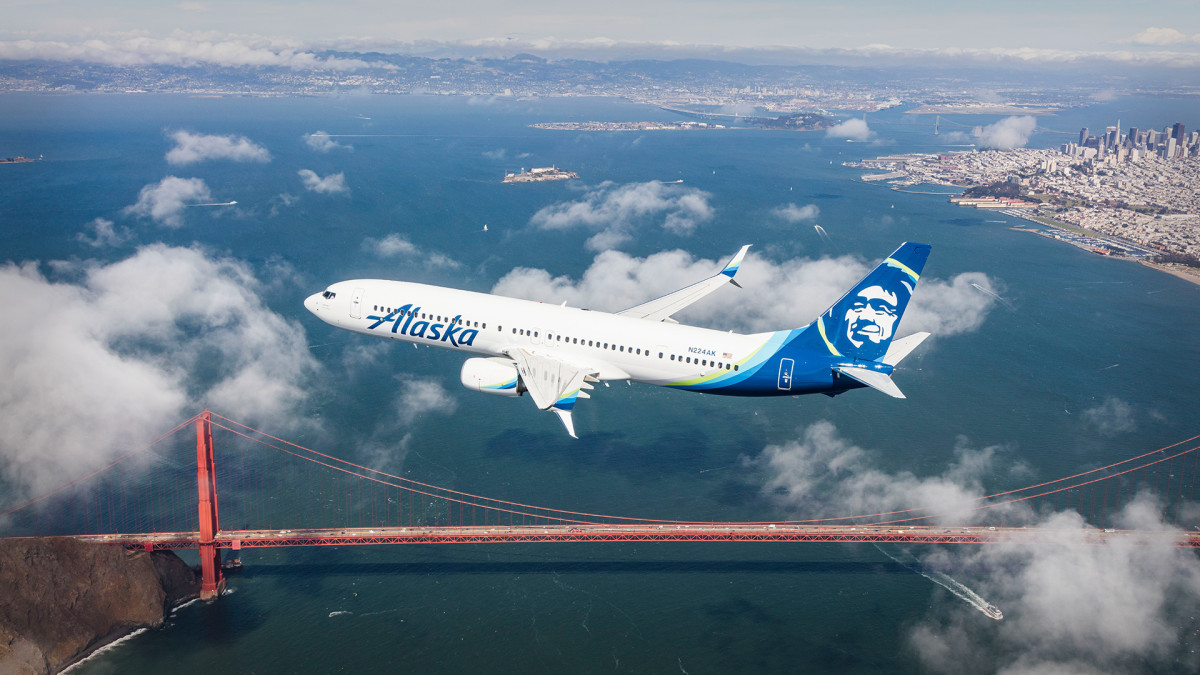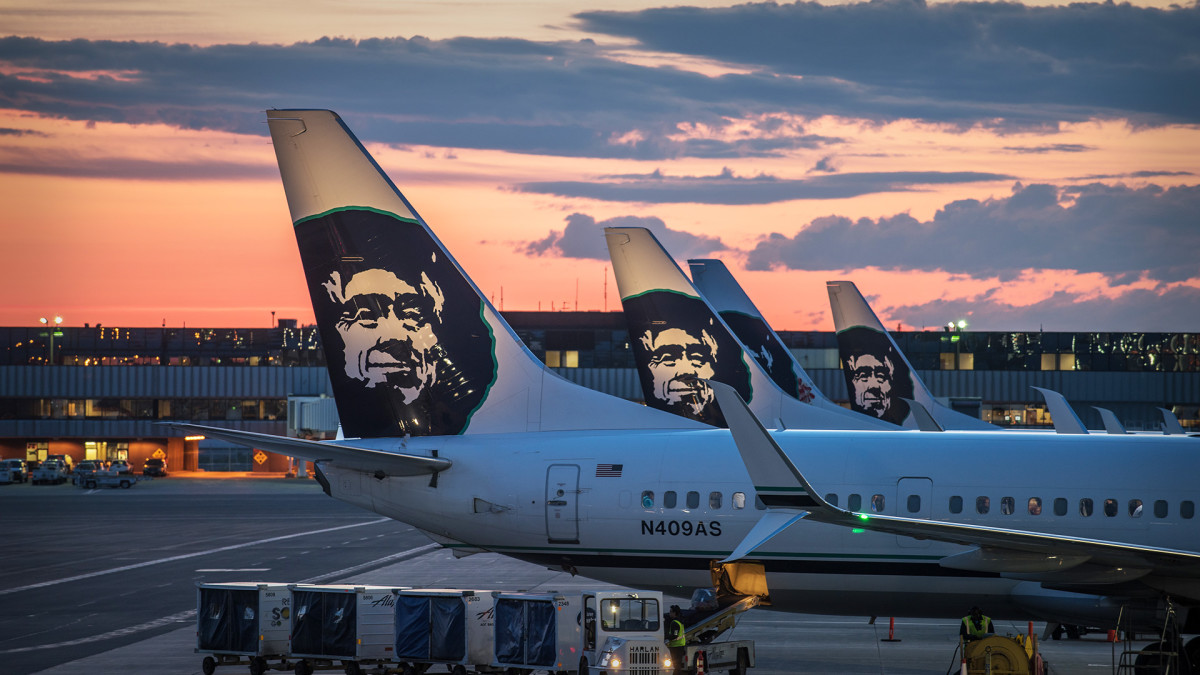
At this point, even those who rarely fly have heard about the case of the off-duty Alaska Airlines ALK pilot Joseph D. Emerson charged with 83 counts of attempted murder after trying to shut off the plane's engines midway through an Oct. 22 flight from Washington State's Everett to San Francisco operated by Alaska Air Group subsidiary Horizon Air.
The co-pilot and other members of the crew were able to avert tragedy by seizing control of the engines and handcuffing Emerson to his seat for the remainder of the flight but the investigation that followed in the subsequent weeks revealed many disturbing details — Emerson, who was traveling as a standby employee in the cockpit's jump seat, later told investigators that he had taken psychedelic mushrooms two days prior to the flight, had not slept for 40 hours and then suffered a nervous breakdown. Recordings recovered from the plane captured Emerson saying "I'm not okay" before attempting to shut the engines off.
Related: Why an Alaska Airlines pilot faces 83 counts of murder
As Emerson waits for a trial in custody after pleading not guilty, Alaska Airlines has been slapped with the first of what can be many lawsuits from some of the travelers aboard the flight.

Shutterstock
Travelers claim nausea, sleeplessness and anxiety from being on a flight that nearly crashed
As first reported by NBC News, passengers Matthew Dolan, Theresa Stelter, and Paul Stephen filed a class action lawsuit on behalf of the all the others on the flight in Washington's King County Superior Court on Nov. 2.
More Travel:
- A new travel term is taking over the internet (and reaching airlines and hotels)
- The 10 best airline stocks to buy now
- Airlines see a new kind of traveler at the front of the plane
According to the complaint, the passengers aboard the flight "suffered needlessly" from nausea, insomnia, and general anxiety after going through the traumatic incident. They are requesting a "forthright public explanation" on which security screening processes broke down to allow such a situation and an answer as to why Emerson was allowed in the jump seat without being properly screened in particular.
"The airlines need a wake-up call," Daniel Laurence, an aviation lawyer at The Stritmatter Firm representing the plaintiffs, said in a statement to the press. "We understand that most pilots are heroes every day for safely operating our airliners but they are not immune from sleeplessness, drinking, drugs, or a mental health crisis."
'Only luck prevented it from becoming a mass disaster'
Along with an overhaul of Alaska Airlines' screening processes, the plaintiffs are requesting both special and general damages fees that include anything from refunded ticket costs to psychological injuries and pain and suffering as determined by trial if the case goes to court. Alaska Airlines has not been commenting on the lawsuit to the press.
"Only luck prevented it from becoming a mass disaster," Laurence said on behalf of his clients.
On Oct. 24, Alaska Airlines issued a statement saying that it was "deeply disturbed by what [they] have learned" from the Department of Justice's investigation of Emerson's actions and was also "deeply proud of our Horizon flight crew and their quick actions both in the flight deck and in the rear of the aircraft."
"Alaska Airlines is committed to sharing as much information as we can while respecting the ongoing federal and state criminal investigations and court proceedings," the airline said. "[...] At no time during the check-in or boarding process did our gate agents or flight crew observe any signs of impairment that would have led them to prevent Emerson from flying on Flight 2059."







